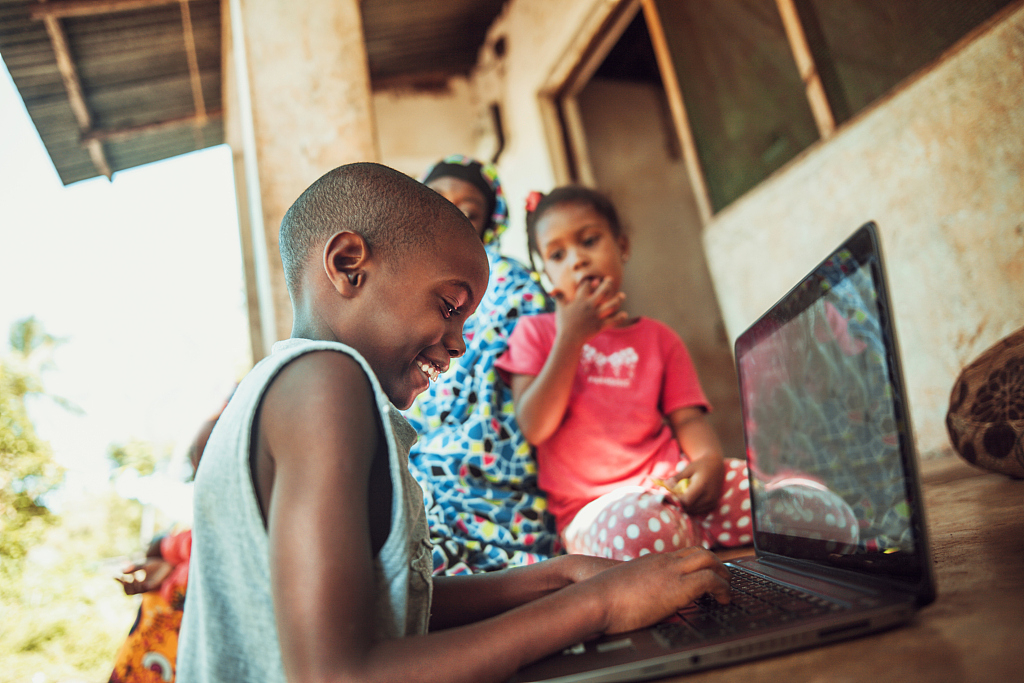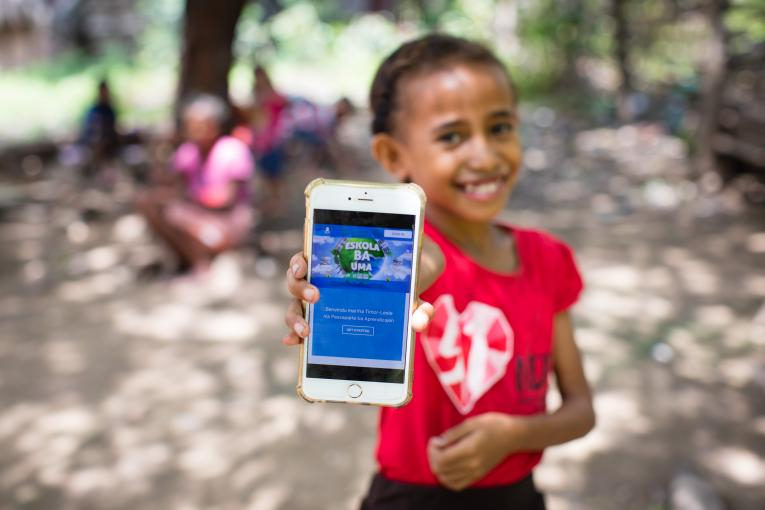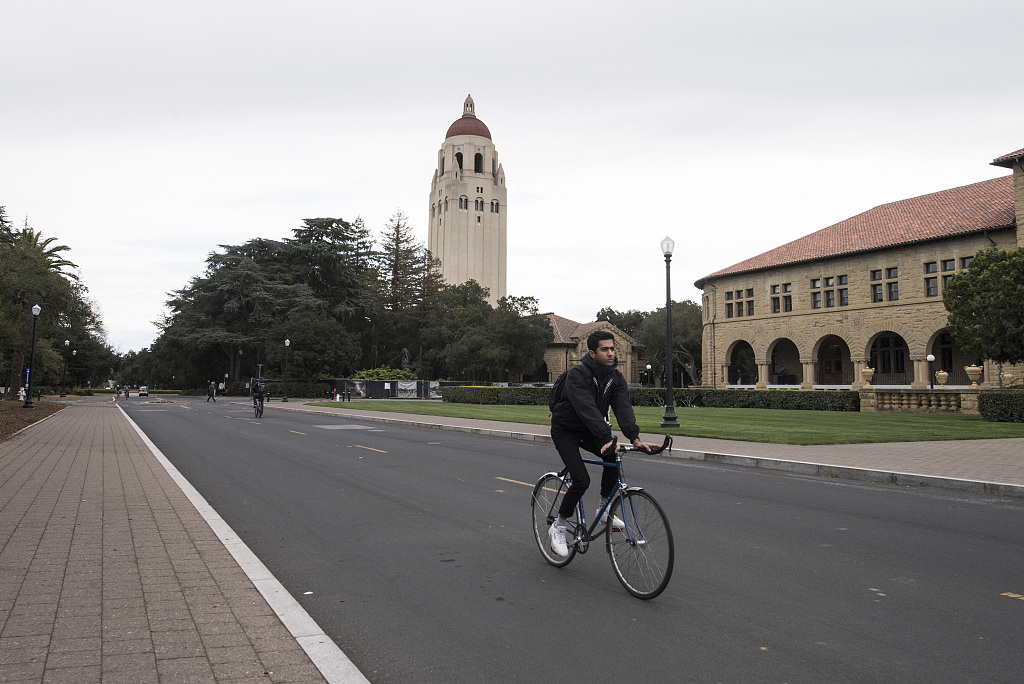
The UNICEF and Microsoft Corp. launch the Learning Passport, a global learning platform to help children and youth continue their education at home amid the COVID-19 pandemic. /VCG
The UNICEF and Microsoft Corp. launch the Learning Passport, a global learning platform to help children and youth continue their education at home amid the COVID-19 pandemic. /VCG
The United Nations Children's Fund (UNICEF) and Microsoft Corp. announced the expansion of a global learning platform to help children and youth continue their education at home amid the COVID-19 pandemic.
The Learning Passport was initially designed to provide education for displaced and refugee children through a digital remote learning platform, the UNICEF said in a press release on Monday.
With rapid and significant expansion since the coronavirus outbreak, the online platform now is opened to facilitate country-level curriculum for children and youth whose schools have been closed due to the pandemic, as well as to offer key resources to teachers and educators.
"From school closures, to isolation, to a persistent sense of fear and anxiety, the effects of this pandemic are impacting childhoods worldwide," Henrietta Fore, UNICEF Executive Director, was quoted as saying.

Children and young people can continue their education online through a country-specific platform, accessed via their country's UNICEF Learning Passport page. /VCG
Children and young people can continue their education online through a country-specific platform, accessed via their country's UNICEF Learning Passport page. /VCG
"We need to come together and explore every avenue to keep children learning and help them through this difficult time. With long-term partners like Microsoft, we are able to swiftly deploy innovative, scalable solutions for children and youth. The adaptations made to the Learning Passport are a powerful reminder of what we can achieve together for children as the crisis deepens globally," Fore added.
Kosovo, Timor-Leste and Ukraine, which have temporarily shuttered their school gates in the past weeks to curb the pandemic, are the first to roll out their online curriculum through the Learning Passport.
'To ensure every student stays engaged and continues learning'
The content available to schoolchildren covers various learning resources, such as online books and videos, as well as additional support for parents of children with learning disabilities, according to the UNICEF.
It allows children and young people continue their education online through a country-specific platform, accessed via their country's UNICEF Learning Passport page.

An online learning platform provides a range of audio-visual material to help students continue learning during COVID-19-related school closures. /UNICEF
An online learning platform provides a range of audio-visual material to help students continue learning during COVID-19-related school closures. /UNICEF
The platform for each country provides a digitized curriculum with textbooks and a selection of supplemental content, in national languages, that is jointly curated at the country level to best serve learners' and educators' specific needs.
It will also provide teachers with access to a platform, which consists of learning materials, and keep track of all the learning progress.
The Learning Passport started off as a partnership between UNICEF, Microsoft and the University of Cambridge.
"Just as COVID-19's impact has no borders, its solutions must not have borders, as it requires the collaboration across public and private sectors to ensure every student stays engaged and continues learning," said Microsoft President Brad Smith, commenting on the initiative.

The Hoover Tower on the usually bustling Stanford University campus in Palo Alto, California, March 10, 2020. /VCG
The Hoover Tower on the usually bustling Stanford University campus in Palo Alto, California, March 10, 2020. /VCG
"UNICEF's Learning Passport is uniquely positioned as a scalable learning solution to bridge the digital learning gap for millions of students to bring their classroom into their home during the pandemic."
The program, which has been in development for the past 18 months, captures a record of the curriculum subjects each student learns and guides learners with little additional support needed.
According to the latest data from the UNESCO, more than 1.57 billion students have been affected by school shutdowns in more than 190 countries worldwide, accounting for 90.2 percent of total enrolled learners.